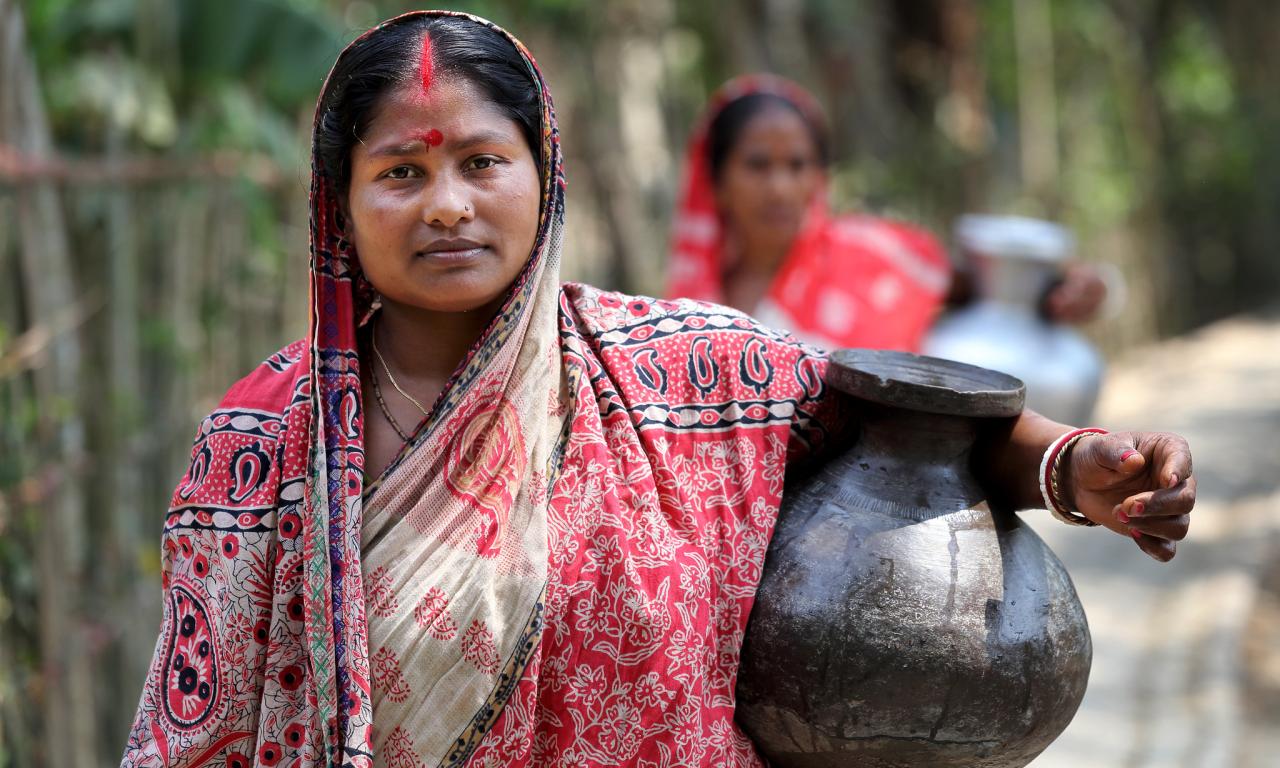
WorldFish researchers contributed to the Committee of World Food Security’s report on youth inclusion in agri-food systems, with a focus on the opportunities posed by the aquatic food system.
Young people are key to achieving sustainable development and should be meaningfully engaged in agriculture to prompt a global food systems transformation, recommended a newly released report by the UN Committee on World Food Security (CFS) with research contributions from WorldFish and the CGIAR Research Program on Fish Agri-Food Systems (FISH).
Today’s youth are facing multiple crises stemming from climate change, political upheaval and global inequality. These existing challenges have only been exacerbated by the COVID-19 pandemic, highlighting the need for food systems to be more equitable, sustainable and resilient, with youth leading the transition.
In a bid to build insights and evidence-based recommendations, the CFS’s High-Level Panel of Experts on Food Security and Nutrition prepared a report reviewing the opportunities for and constraining factors to youth engagement and employment in agri-food systems, with a detailed examination of salaries, working conditions and current trends in global food consumption.
“Youth engagement and leadership are intrinsically linked to countless aspects of achieving food nutrition security for all. Youth must be at the heart of research, policy and investment agendas to transform food systems toward more healthy and sustainable diets, especially in low- and middle-income countries where youth account for large percentage of the population,” said Shakuntala Thilsted, WorldFish’s global lead of nutrition and public health and core member of the High-Level Panel.
Thilsted was appointed by the Committee on World Food Security to serve as one of fifteen members of the High-Level Panel’s Steering Committee to shape the global food systems agenda and promote the role of aquatic foods in future food security.

While employment of young people in the agri-food sector is crucial to usher in such a food systems transformation, the industry largely fails to attract youth due to a multitude of entry barriers and low wages. Current food systems provide a wide spectrum of opportunities for employment across diverse global contexts, but these jobs do not always provide decent and meaningful work or adequate livelihoods.
“While food systems remain the largest employer of youth, particularly in low- and middle-income countries, they have, so far, failed to deliver economically rewarding, intellectually stimulating, and meaningful careers that young people aspire to engage in,” said Indika Arulingam, a member of the HLPE’s youth report project team and research officer at International Water Management Institute (IWMI) who is engaged with CGIAR FISH.
Research, policies and investments are therefore needed to strengthen youth involvement in food systems based on the pillars of equity, agency and empowerment; this can initiate a food systems transformation capable of providing decent work and healthy nutritious diets for all, especially the most vulnerable.
“The realization of this transformation rests on the recognition of young people’s rights and their roles both as individual and collective agents of change across food systems. This approach envisions re-balancing relations between human and nature towards food sovereignty, dignified and rewarding livelihoods and relationships based on cooperation and solidarity,” said Arulingam.
Aquatic food systems in particular offer youth opportunities for meaningful employment across production and value chains, including fish processing, retail and trading. The inclusive, equitable and sustainable development of both small-scale fisheries and aquaculture can provide youth with meaningful education, engagement, innovation and entrepreneurial solutions, said Thilsted.
“We know with the right support mechanisms youth can lead innovations across aquatic food systems that not only provide important income opportunities but put us on a pathway to transform global food systems toward sustainable healthy diets for all.”
Read the CFS Report ‘Promoting Youth Engagement and Employment in Agriculture and Food Systems’
